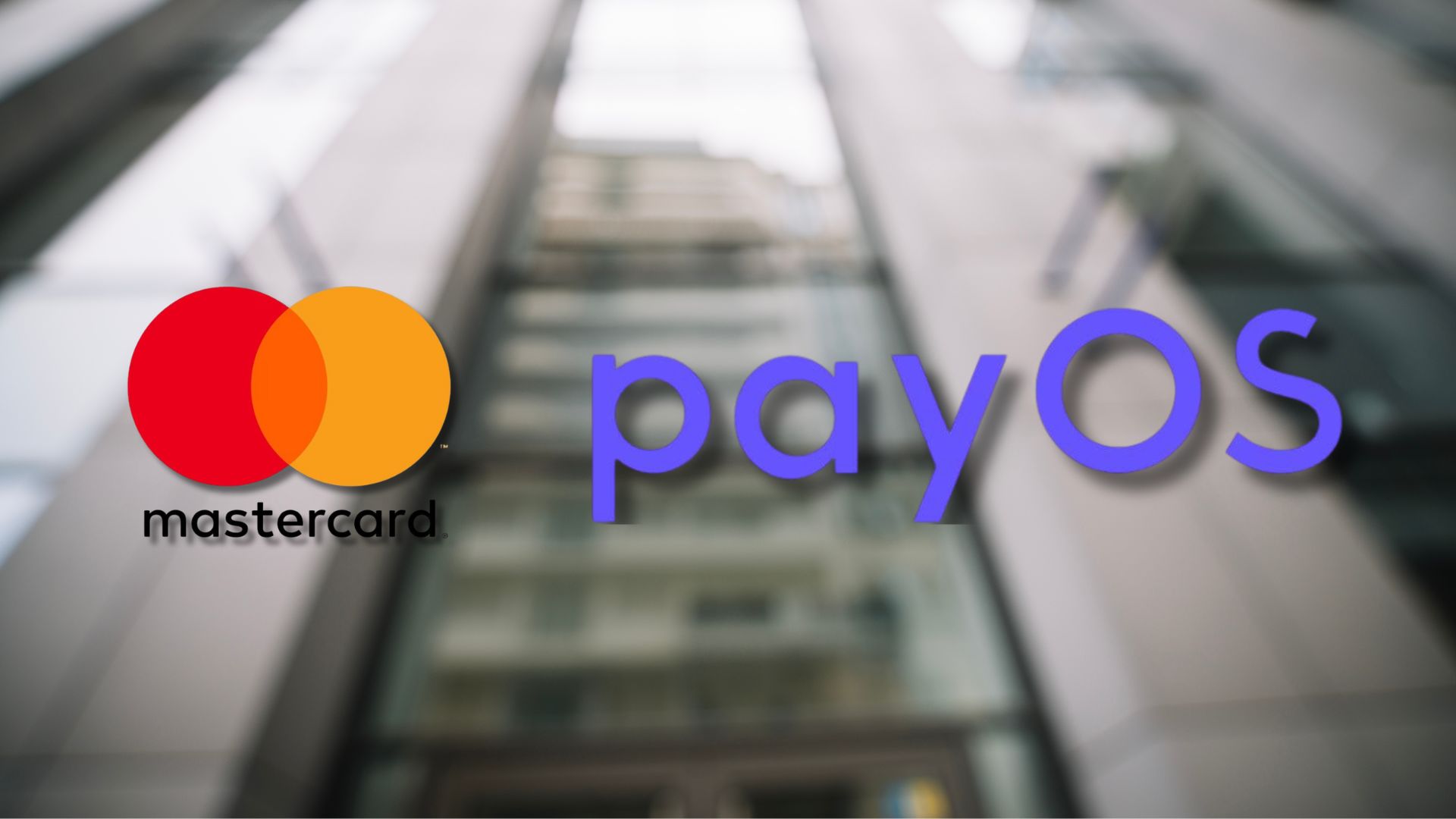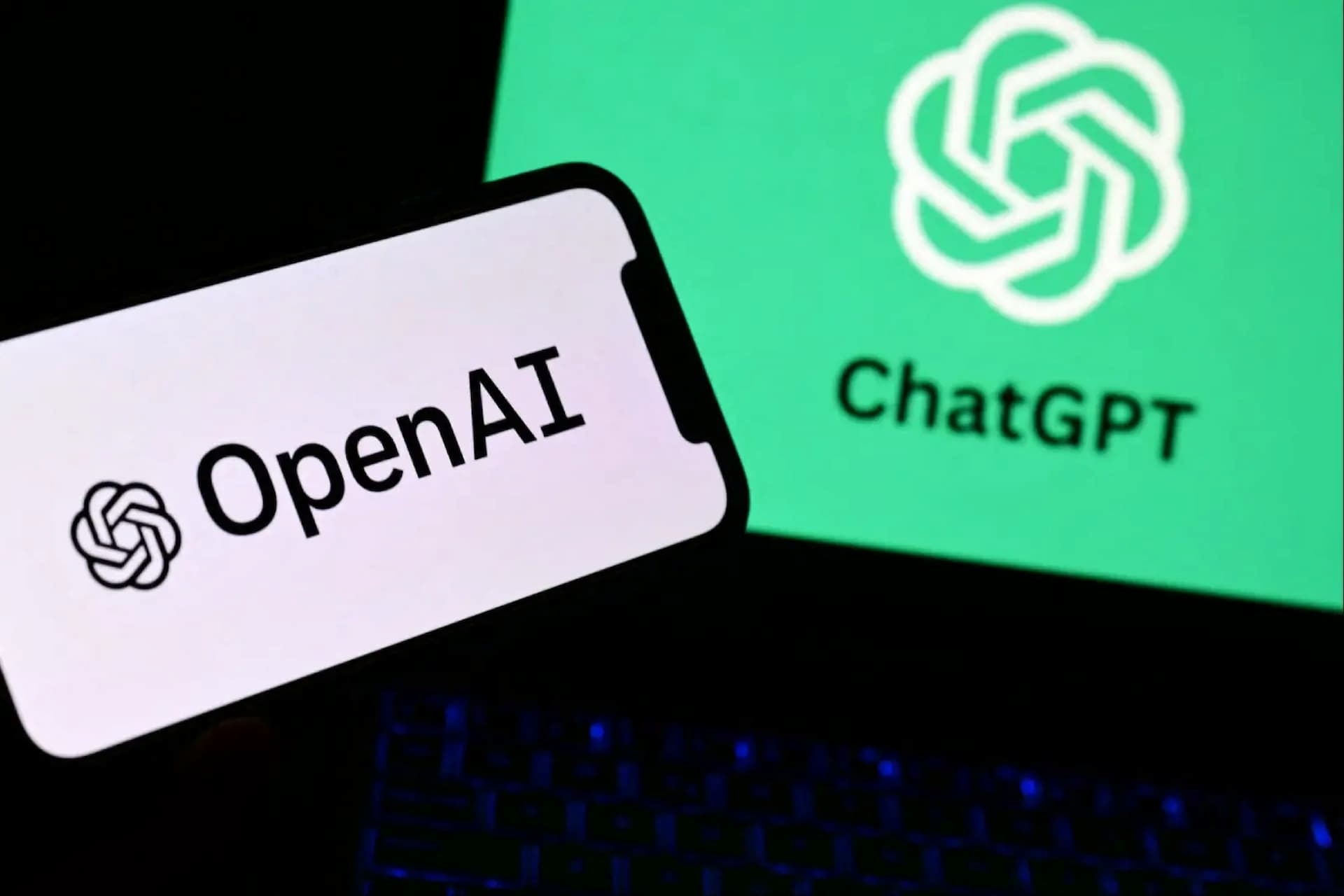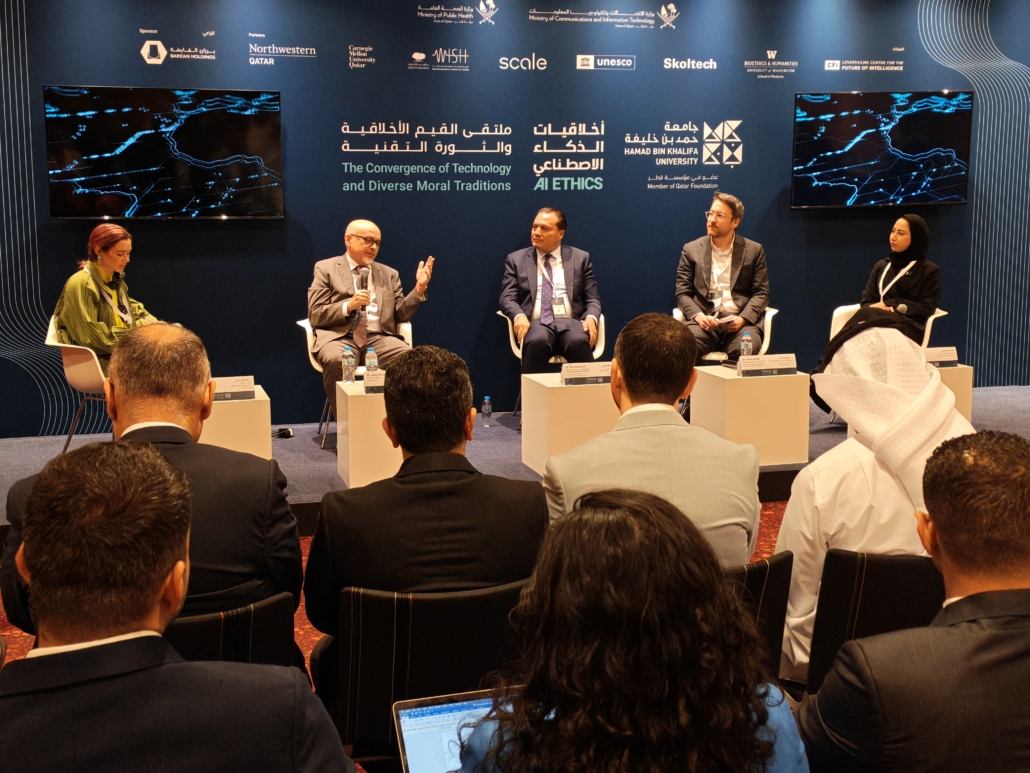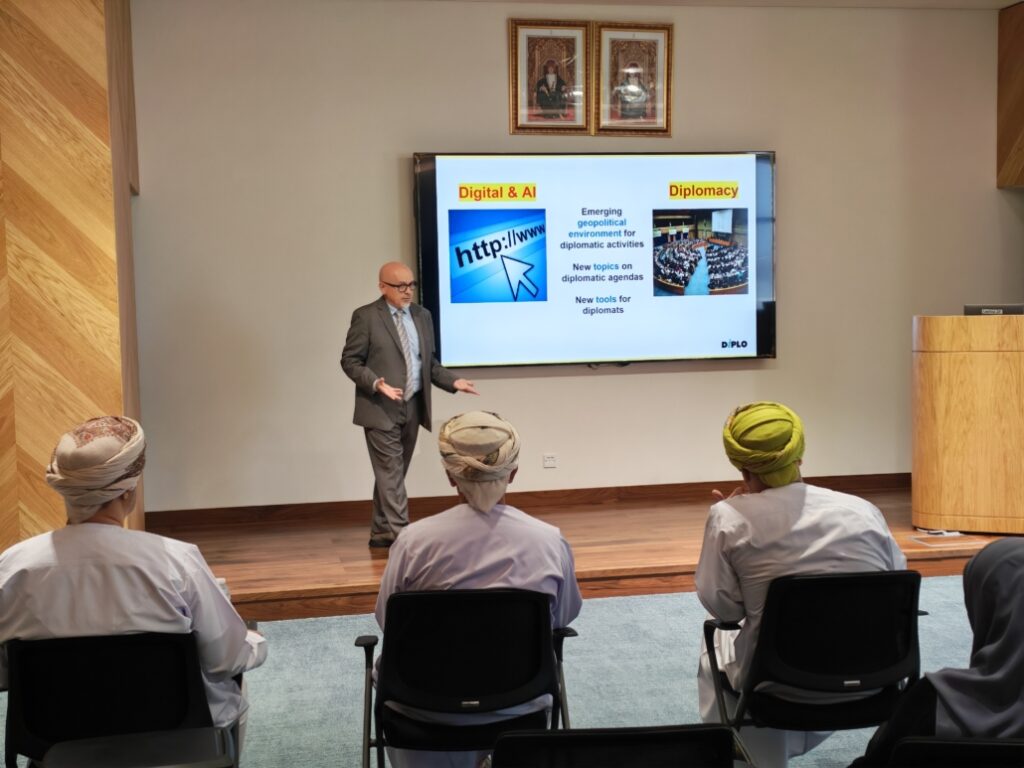PayOS and Mastercard have completed the first live agentic payment using a Mastercard Agentic Token, marking a pivotal step for AI-driven commerce. The demonstration, powered by Mastercard Agent Pay, extends the tokenisation infrastructure that already underpins mobile payments and card storage.
The system enables AI agents to initiate payments while enforcing consent, authentication, and fraud checks, thereby forming what Mastercard refers to as the trust layer. It shows how card networks are preparing for agentic transactions to become central to digital commerce.
Mastercard’s Chief Digital Officer, Pablo Fourez, stated that the company is developing a secure and interoperable ecosystem for AI-driven payments, underpinned by tokenized credentials. The framework aims to prepare for a future where the internet itself supports native agentic commerce.
For PayOS, the milestone represents a shift from testing to commercialisation. Chief executive Johnathan McGowan said the company is now onboarding customers and offering tools for fraud prevention, payments risk management, and improved user experiences.
The achievement signals a broader transition as agentic AI moves from pilot to real-world deployment. If security models remain effective, agentic payments could soon differentiate platforms, merchants, and issuers, embedding autonomy into digital transactions.
Would you like to learn more about AI, tech, and digital diplomacy? If so, ask our Diplo chatbot!










